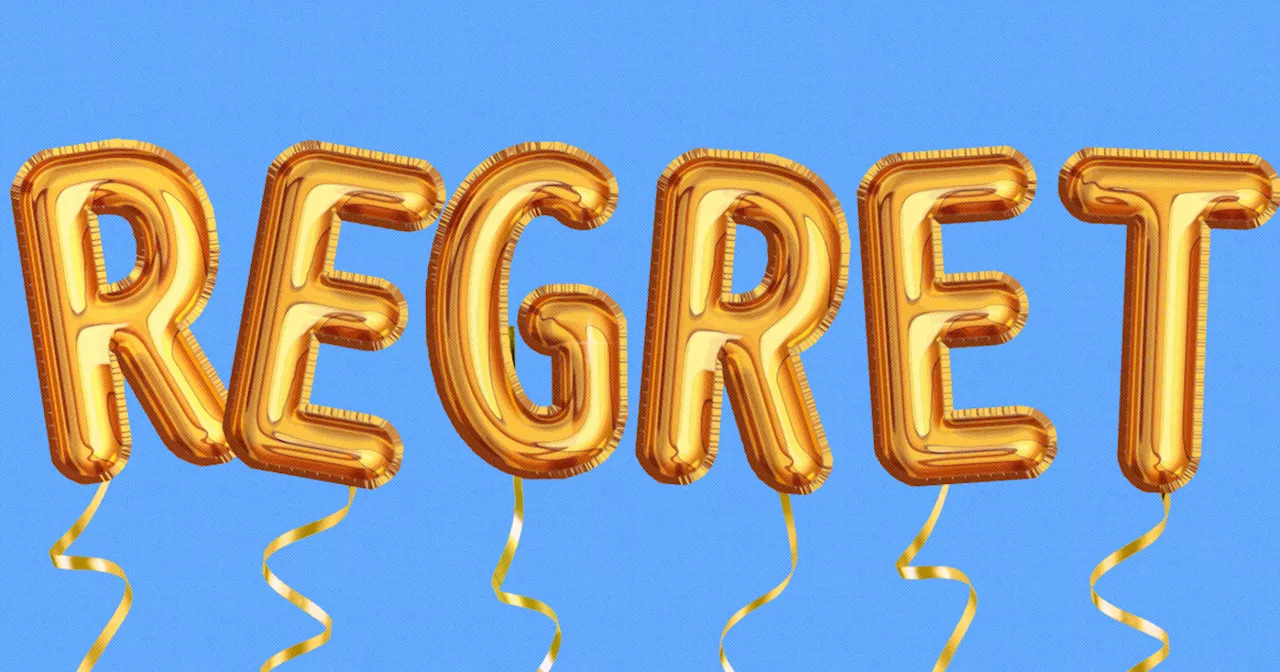Every parent knows the feeling: You spend precious minutes cleaning up toys, only to have them scattered again in an instant. This article offers practical tips and strategies for teaching kids to participate in household chores, making toy organization less of a burden for moms.
Signed, an (exhausted but hopeful) Indian mom, written between scooping up Legos and cooking a pot of dal — multitasking at its finest. only to watch your kids vanish, leaving you at war with stray blocks, crayons, and plastic dinosaurs? Every Sunday, I rally my troops (ages 4 and 8) to after kids' so-called 'cleaning time.' Don't worry; you're not alone. Here's why it happens and how we can actually get our kids to pitch in so we get a little bit of our time back.
Let's face it: Kids have the attention span of a hungry squirrel. You ask them to clean for 10 minutes, and after three minutes, they're playing with the very toy you just asked them to put away. Next thing you know, it's bedtime, and you're left picking up blocks from the corridor, coasters from the sofa, and a random stuffed tiger from the kitchen counter.In their minds, shoving everything under the bed seems as valid as neatly stacking items on a shelf. They're not necessarily being lazy; they just lack the mental framework we adults take for granted.When I was growing up, my mother somehow managed to keep our house guest-ready at all times. Now that I'm in her shoes, I realize she must have worked overtime after we went to bed, stifling yawns while tidying up the day's wreckage. I'll admit it: I sometimes fall into the trap of thinking it's faster and easier if I do it myself. Children's cleaning can take ages, and the final results might still resemble a post-tornado scene. Sure, they might put away the largest items, but then they'll leave tiny figurines or puzzle pieces everywhere. Before you know it, you're stepping on Legos at midnight, performing a pained hop-dance all the way to the couch. Every time we straighten everything 'our way,' we miss a teachable moment. Over the long term, we're doing our kids a disservice because they won't learn critical organizational skills or the value of responsibility.Instead of saying, 'Clean your room,' break it down: 'Put all dolls in the red bin,' then 'Put crayons in the pencil case.' Tiny steps help kids focus and avoid overwhelm.Have designated spots — bins for blocks, baskets for plush toys, boxes for art supplies. Label them with pictures or words so even young readers can follow along.A simple timer can be your best friend. Tell your kids they have 10 minutes to put away toy cars in the car bin. This makes tidying more like a game than an endless chore.If you leave kids completely on their own right away, they may get frustrated. Start by cleaning alongside them, showing them what 'clean' actually looks like. Step back gradually as they gain confidence.Children respond better to praise than constant scolding. When they follow instructions — even imperfectly — acknowledge their effort. A quick 'Great job putting your dinosaurs in this bin!' can go a long way in keeping them motivated.If you repeatedly find certain toys in the wrong spot, consider removing them temporarily. Explain that the toys will come back once they can be properly cared for. It sets a boundary and shows that organization matters.. The key is consistency. If you remind them about the system each time and follow through on consequences or rewards, they'll slowly need fewer prompts. It's also important to accept that the living room may never look like a page out of a minimalist magazine. Once you have kids, the aesthetics change — stickers on the fridge, tiny handprints on the walls, and maybe a stuffed panda nestled between couch cushions are often part of the new normal. In our quest to keep the house perfect, we can forget that childhood is inherently messy. While I do dream of a neat living room, I also know these years of stepping on crayons and searching for missing puzzle pieces under the sofa won't last forever. The real trick is striking a balance between teaching kids essential life skills and letting them be kids without a constant barrage of 'Pick that up! Put that away!' One day, these children will pack up for college (or at least some version of 'leaving the nest'), and all we'll have left is a quiet, toy-free floor. Dare I say we might even miss that stray pink unicorn we used to trip over every other week?The invisible burden of toy organization is real, and mothers usually shoulder the lion's share of it. Still, it doesn't have to stay that way. Having a partner who does their share is obviously huge. But by breaking tasks into smaller goals, creating a labeled system, using timers, and offering plenty of praise, we can teach our kiddos to manage at least part of the chaos they create. That way, we aren't left doing the majority of the cleaning after 'cleaning time.': enjoying a hot cup of chai, reading a book uninterrupted, or simply taking a quiet nap — without Legos poking us in the back.10 Best Kitchen Tools For Meal Prep — Because We’re Working Smarter, Not Harder, In 202
Parenting Toy Organization Cleaning Kids Chores Responsibility Time Management
United States Latest News, United States Headlines
Similar News:You can also read news stories similar to this one that we have collected from other news sources.
 Regret: A Necessary Pain or an Unproductive Burden?This article explores the complex nature of regret, examining its potential to be both a valuable teacher and a toxic force. It contrasts the perspectives of individuals who readily acknowledge their regrets with those who seemingly operate without remorse, highlighting the potential dangers of ignoring the lessons regret can offer.
Regret: A Necessary Pain or an Unproductive Burden?This article explores the complex nature of regret, examining its potential to be both a valuable teacher and a toxic force. It contrasts the perspectives of individuals who readily acknowledge their regrets with those who seemingly operate without remorse, highlighting the potential dangers of ignoring the lessons regret can offer.
Read more »
 New York Climate Change Bill Could Burden Working Families with Higher Energy CostsA new bill signed by New York Gov. Kathy Hochul aims to charge oil and gas companies $75 billion for past pollution. While intended to fund climate change infrastructure projects, energy and economic experts warn the bill could lead to regressive costs for working families through increased energy prices.
New York Climate Change Bill Could Burden Working Families with Higher Energy CostsA new bill signed by New York Gov. Kathy Hochul aims to charge oil and gas companies $75 billion for past pollution. While intended to fund climate change infrastructure projects, energy and economic experts warn the bill could lead to regressive costs for working families through increased energy prices.
Read more »
 Blumhouse Revives The Invisible ManBlumhouse Productions and Universal Pictures are reviving the iconic character The Invisible Man with a new film directed by Leigh Whannell. This new take follows the success of Whannell's 2020 film, which put a fresh spin on the classic tale.
Blumhouse Revives The Invisible ManBlumhouse Productions and Universal Pictures are reviving the iconic character The Invisible Man with a new film directed by Leigh Whannell. This new take follows the success of Whannell's 2020 film, which put a fresh spin on the classic tale.
Read more »
 Sue Storm’s Malice Costume Only Scratches the Surface of Marvel’s Underrated RunInvisible Woman does a power blast in a Marvel comic
Sue Storm’s Malice Costume Only Scratches the Surface of Marvel’s Underrated RunInvisible Woman does a power blast in a Marvel comic
Read more »
 Hochul's Medicaid Spending Spree: A Windfall for Hospitals, a Burden for TaxpayersNew York Governor Kathy Hochul's proposed Medicaid budget is facing criticism for its exorbitant cost and its focus on appeasing the healthcare industry rather than addressing the needs of patients. The governor's plan would increase state-funded Medicaid spending by $6.4 billion, or 17%, in a single year, despite already inheriting the most expensive Medicaid program in the US on a per capita basis. Critics argue that this unsustainable spending spree prioritizes hospital profits over taxpayer dollars and fails to address fundamental issues within the healthcare system.
Hochul's Medicaid Spending Spree: A Windfall for Hospitals, a Burden for TaxpayersNew York Governor Kathy Hochul's proposed Medicaid budget is facing criticism for its exorbitant cost and its focus on appeasing the healthcare industry rather than addressing the needs of patients. The governor's plan would increase state-funded Medicaid spending by $6.4 billion, or 17%, in a single year, despite already inheriting the most expensive Medicaid program in the US on a per capita basis. Critics argue that this unsustainable spending spree prioritizes hospital profits over taxpayer dollars and fails to address fundamental issues within the healthcare system.
Read more »
 Invisible 'flickering' on the sun could predict potentially dangerous solar flares hours in advanceHarry is a U.K.-based senior staff writer at Live Science. He studied marine biology at the University of Exeter before training to become a journalist. He covers a wide range of topics including space exploration, planetary science, space weather, climate change, animal behavior and paleontology.
Invisible 'flickering' on the sun could predict potentially dangerous solar flares hours in advanceHarry is a U.K.-based senior staff writer at Live Science. He studied marine biology at the University of Exeter before training to become a journalist. He covers a wide range of topics including space exploration, planetary science, space weather, climate change, animal behavior and paleontology.
Read more »
